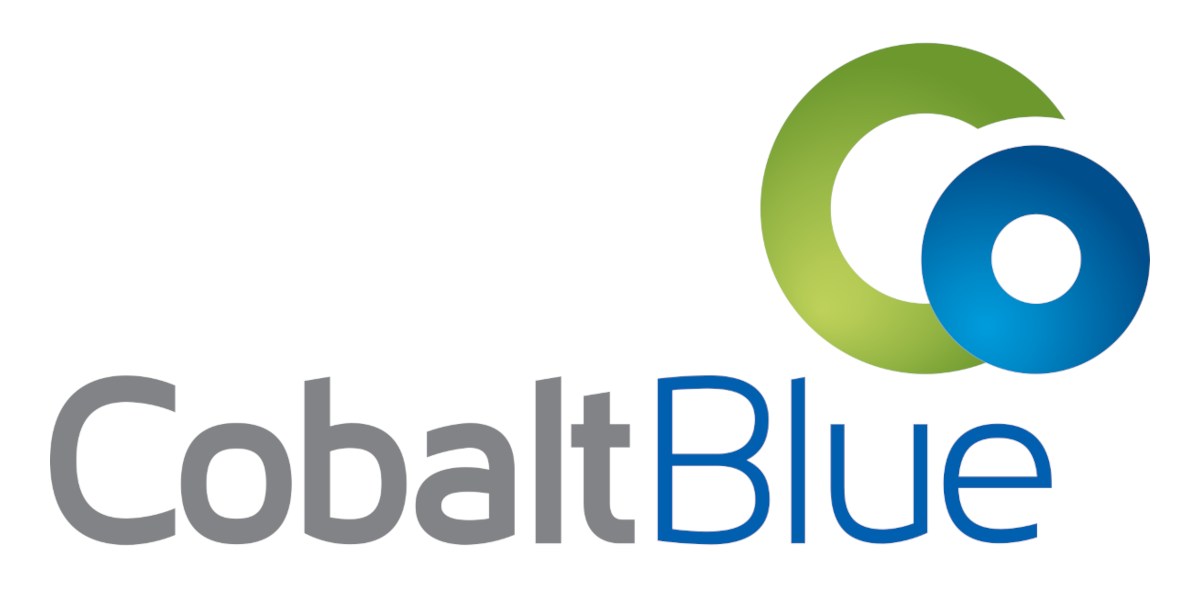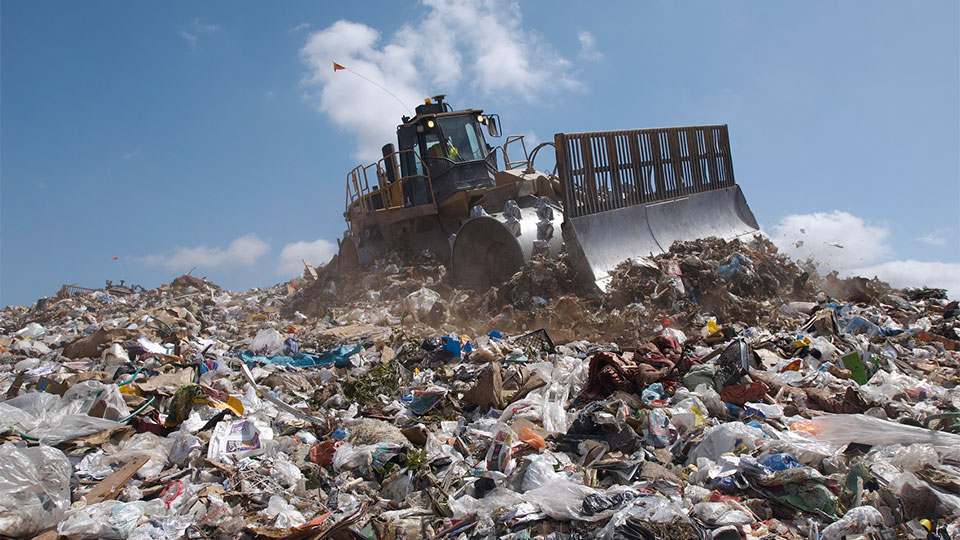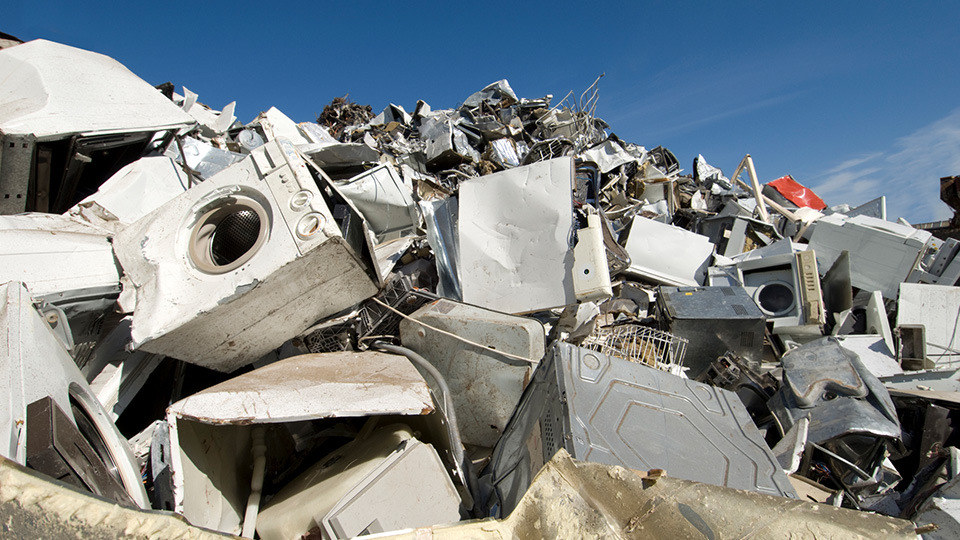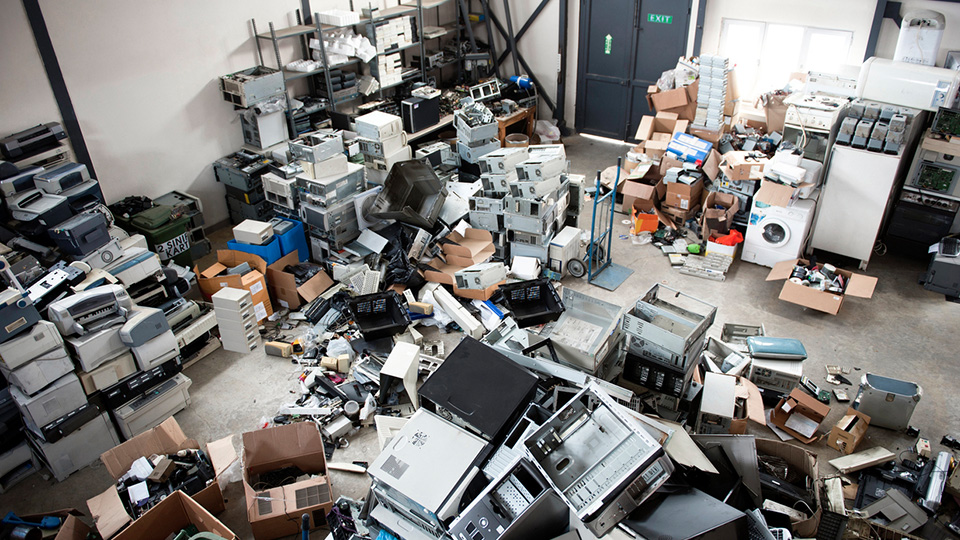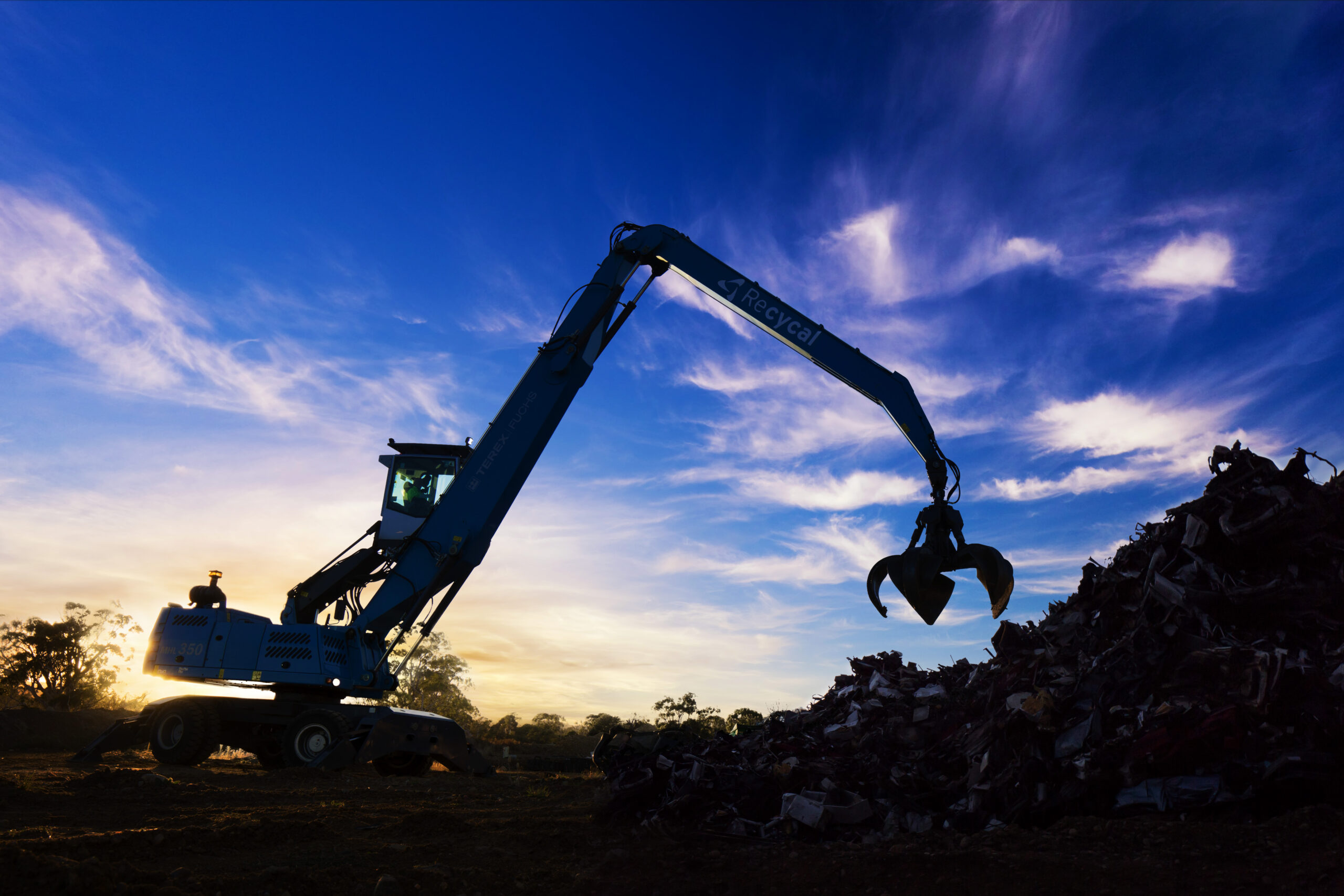Many Tasmanian dentists may be unaware that they are defined as “commercial trade waste generators”. The problem is dental amalgam. EPA Tasmania regulated that, from 1 October 2008, dental practices must employ dental amalgam separators.
Since then, dentists have been required to keep mercury waste out of waterways, so the installation of amalgam separators in dental practices has been mandatory for more than 8 years.
Yet, through a combination of lack of awareness among the dental profession and inadequate enforcement, it is estimated that fewer than 10% of known Tasmanian dental practices have actually installed amalgam separators.
Now the state’s water utility is getting in on the act.
It recently released its Commercial Trade Waste Customer Pre-Treatment Guideline, a compliance document that identifies requirements for a range of commercial trade waste generators. It also sets out the water pre-treatment requirements in each case.
Reflecting EPA Tasmania’s position, dentists are listed as commercial trade waste generators. They are therefore required to pre-treat their wastewater. This is actually a very simple process. All they need to do to meet pre-treatment requirements is to install an amalgam separator designed and sized according to manufacturer specifications.
Australia’s only fully licensed recycler of mercury, Ecocycle, has welcomed this renewed spotlight on the sources of this toxic waste stream.
“Clearly, there has been a major problem with compliance and closer scrutiny is required to ensure the current regulations are properly adhered to,” said Ecocycle’s Business Development Manager Daryl Moyle.
“The Federal Government recently released an Impact Statement on mercury in the lead up to the possible ratification of the Minamata Convention and dental amalgam receives quite a mention in that document,” he said.
Tasmania is no stranger to mercury pollution, with some species of fish and shellfish in Hobart’s Derwent River being deemed unsafe to eat.
While heavy metal pollution in the river is declining over time, installation of amalgam separators can only aid the recovery of the river.
Need to install an amalgam separator?
If you run or work at a dental clinic in Tasmania, or anywhere in Australia, and need help with installing an amalgam separator, Ecocycle can help.
To find out more, call us on 1300 32 62 92 or send us a note in the contact form below.

